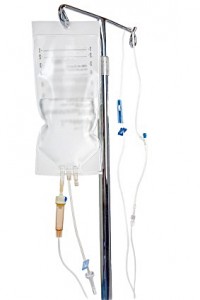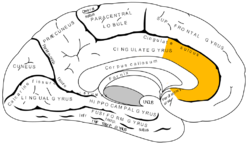According to new research from UCL Institute of Neurology, the release of the brain chemical dopamine influences how people make choices by affecting expectations of pleasure.
 The study, which was recently published in Current Biology, confirms that dopamine not only plays an important role in how people make more complex decisions, but also how human expectations are formed. The study offers new insight into how pleasure expectation can go awry, such as with drug and alcohol addiction.
The study, which was recently published in Current Biology, confirms that dopamine not only plays an important role in how people make more complex decisions, but also how human expectations are formed. The study offers new insight into how pleasure expectation can go awry, such as with drug and alcohol addiction.
“Humans make much more complex decisions than other animals, such as which job to take or whether to start a family,” said the lead author of the study. “We wanted to understand the role of dopamine in making these types of decisions.”
The role of the neurotransmitter dopamine in reward-seeking behavior is well understood through animal studies; however, its role in human behavior is much less understood. The results from the study indicate that when faced with having to consider options when making real-life decisions, dopamine did play a role in “signaling the expected pleasure from those possible future events.” (Science Daily). This signal is what humans use to make decisions. It makes sense that this is why the brain can get stuck in the pleasure-seeking cycle when drugs are involved.

![Mike Sanders founder[3] Picture of Mike Sanders at his desk. He is the founder of ExecuCare and used Neurotransmitter Restoration to overcome his own addictions.](http://execucarearc.com/wp-content/uploads/2009/11/founder3.jpg)

 A
A 


